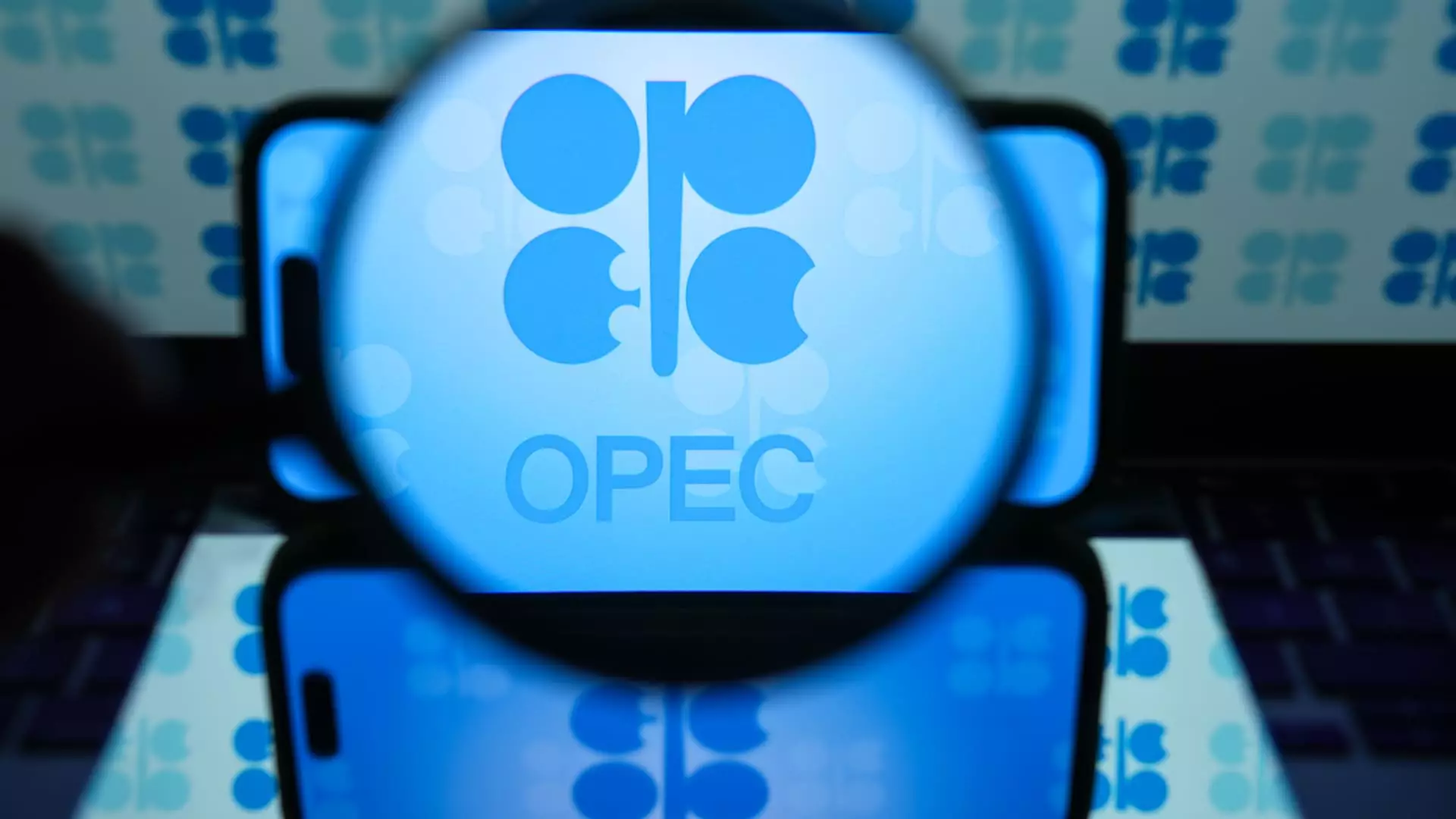OPEC+’s recent decision to increase oil production by 548,000 barrels per day represents more than just a technical adjustment; it signals a complex and risky gamble on the stability of the global economy and the oil market. Rather than reassuring markets, this move raises questions about whether these nations genuinely believe the economic fundamentals warrant such optimism or if they’re responding to political pressures and internal ambitions. The decision to unwind voluntary supply cuts amid low inventories and a fragile geopolitical environment is a reckless gamble that could backfire, potentially destabilizing oil prices and undermining efforts to transition to sustainable energy sources.
The alliance’s argument that the market conditions are “healthy” and supported by low oil inventories is overly simplistic and somewhat misleading. The global economy remains uncertain, with inflationary pressures, interest rate hikes, and geopolitical tensions constantly threatening stability. Relying on a confident outlook in such an uncertain environment is a perilous approach—one that could lead to oversupply, plummeting prices, and economic hardship for oil-dependent economies and consumers alike.
Strategic Self-Sabotage in a World of Transition
While oil producers might see this increase as a way to capitalize on current prices, it also highlights a shortsightedness rooted in outdated reliance on fossil fuels. In a time when renewable energy investment is accelerating and climate policies are tightening worldwide, boosting oil output seems out of place. By pushing supplies higher, OPEC+ risks diluting the value of their resources just as the global community is moving toward cleaner alternatives.
This strategy seems driven more by immediate financial interests than by long-term sustainability. It reveals a fundamental lack of foresight: acting as if the oil market exists in a vacuum, ignoring the mounting pressure for diversification and decarbonization. This shortsightedness could trap these nations in a cycle of boom and bust, ultimately undermining their economic stability and international reputation.
Economic and Political Motives Behind the Increase
This decision is also embroiled in a web of geopolitical motives. Russia and Saudi Arabia, the alliance’s top dogs, seem to be using their influence to sway prices for political leverage, rather than responding to genuine market needs. Such a move could be dangerous, fueling further instability in already volatile regions, and sacrificing long-term strategic interests for short-term gains.
Furthermore, the decision raises concerns about the power dynamics within OPEC+. Smaller producers like Algeria, Iraq, and Kuwait might be pawns in a broader game played by their more influential counterparts. The increased output could lead to a temporary market boost, but it risks igniting a price war or precipitating a market collapse—an outcome that scholars and policymakers should handle with circumspection.

